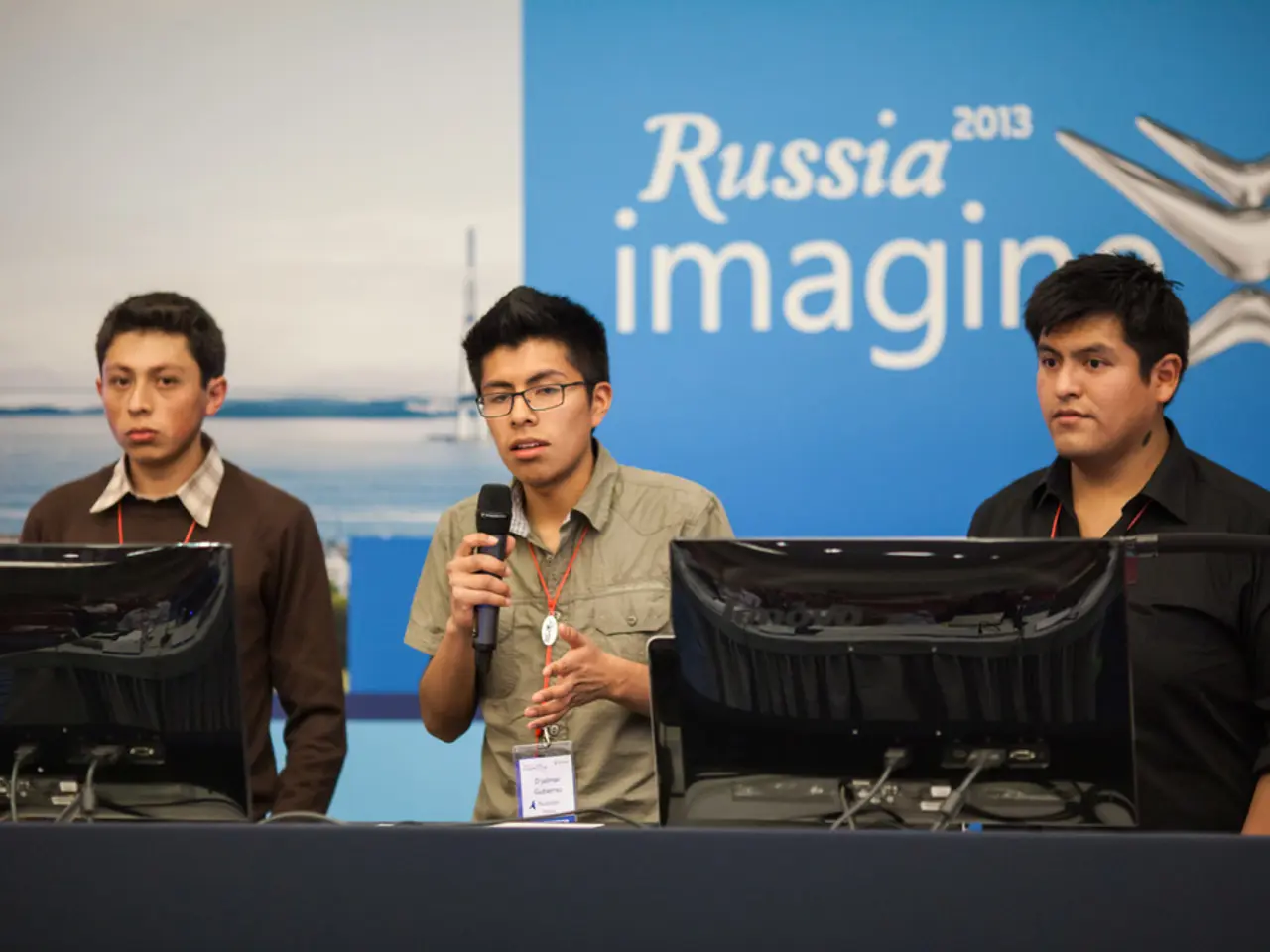US implements stricter regulations on foreign semiconductor imports
The Biden administration has implemented a new tiered system of export controls for advanced AI chips and technology, aimed at limiting China's access to cutting-edge hardware and software. This move is part of a broader strategy to retain U.S. technological leadership and curb China's AI infrastructure growth.
The Export Control Tier System
The system divides countries into three tiers for exports of advanced processors and AI solutions.
- Tier 1 Countries: These are close U.S. allies and partners, such as Australia, Japan, South Korea, Taiwan, and the UK, that have easier access to full-stack AI export packages. The U.S. Commerce Department plans to facilitate approved deals with these allies, allowing them to purchase hardware, software, AI models, and applications together.
- Tier 2 Countries: These are countries subject to stricter baseline export controls, with significant restrictions on AI chip exports. However, exemptions may be negotiated through bilateral agreements involving safeguards, investment incentives, or shared R&D efforts. The Tier 2 restrictions form a global baseline to tightly regulate chip exports.
- China (and potentially countries of concern): Direct export of cutting-edge AI chips and semiconductor manufacturing equipment to China has been heavily restricted since 2018, with escalated controls starting by blocking critical chipmaking tools like EUV lithography machines. Exports of advanced AI chips to China remain tightly controlled or banned to hinder China's chip capability growth and limit its AI infrastructure outside China.
Additional Measures
The U.S. administration also aims to implement location verification features in advanced AI chips to monitor and enforce that chips are not diverted to unauthorized locations such as China.
Impact and Goals
These controls have significantly slowed China’s development of advanced chips and international infrastructure market share. Chinese cloud firms lack access to competitive hardware outside China. However, Chinese labs have still managed to produce competitive AI models despite hardware restrictions, though at smaller scale and less global deployment.
Tech Giants’ Responses and Policy Fluctuations
The U.S. government temporarily relaxed some restrictions in 2025, allowing Nvidia and AMD to resume sales of certain AI chips to China as part of a broader trade arrangement to secure rare earth element shipments from China. This move sparked debate, as it highlighted tensions and contradictions in the export control strategy.
Industry players face uncertainty as restrictions evolve, and there are calls for clearer guidelines balancing strategic technology containment with economic and innovation interests.
Controversies and Criticisms
Ken Glueck, Executive Vice President at Oracle, argued that the changes amount to overregulation rather than safeguarding the interests of the U.S., its partners, and allies. Tech giants Nvidia and Oracle have criticized the new measures, with Nvidia's Vice President of Government Affairs, Ned Finkle, stating they threaten to disrupt innovation and economic growth worldwide.
Recently, it was reported that earlier, Chinese military-affiliated institutes used Meta's publicly available AI model to develop a tool potentially suited for military applications. The AI startup xAI launched a training cluster called Colossus using 100,000 Nvidia H100 GPUs.
The new rules are aimed at denying other countries access to advanced technologies. However, the implementation and enforcement of these regulations continue to evolve, reflecting complex trade-offs between national security and economic engagement.
- The new tiered system of export controls for advanced AI chips and technology, as part of the Biden administration's broader strategy, also targets business and finance by dividing countries into three tiers, impacting their ability to acquire cutting-edge AI solutions.
- In the realm of politics and general-news, the implementation of these export controls has resulted in controversies and criticisms, with tech giants like Nvidia and Oracle expressing concerns about the potential disruption of innovation and economic growth worldwide.






